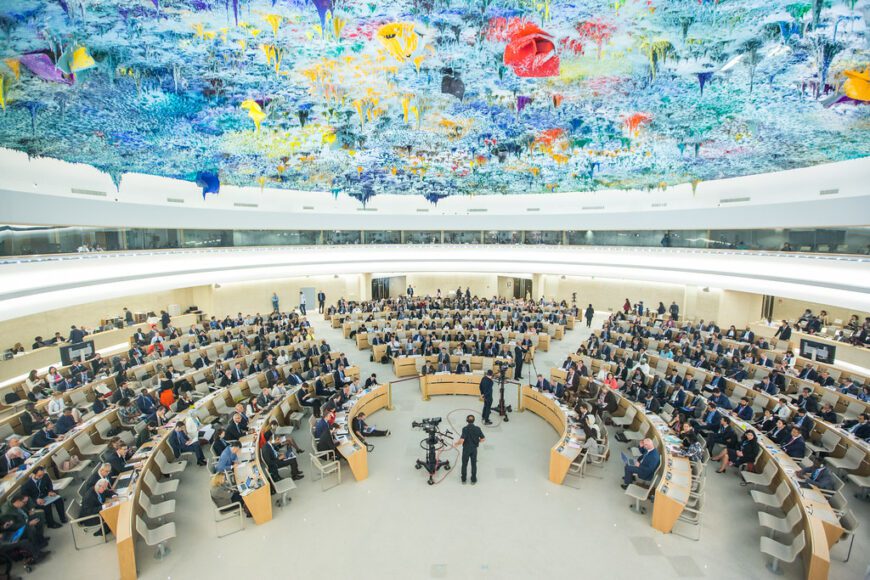Speaking at the United Nations Human Rights Council (HRC) today, Amnesty International welcomed South Sudan’s support for 210 out of 246 recommendations made during its third Universal Periodic Review (UPR). The organization regrets, however, that the country has not implemented its commitment from its previous review in 2016 to develop a human rights agenda and action plan.
It is evident from this third UPR that South Sudan is still struggling to respect, protect and fulfil its human rights
Sarah Jackson, Deputy Director for East Africa, the Horn and the Great Lakes
“It is evident from this third UPR that South Sudan is still struggling to respect, protect and fulfil its human rights obligations. The authorities must urgently adopt a human rights agenda and action plan that seeks to drastically improve the human rights situation in the country,” said Sarah Jackson, Amnesty International’s Deputy Director for East Africa, the Horn and the Great Lakes.
“Amnesty International welcomes South Sudan’s support for ratification of key human rights treaties, including 21 out of 25 recommendations on civic space and 42 out of 48 regarding accountability. The organization urges the South Sudanese authorities to implement them without delay.
Authorities must urgently adopt a human rights agenda and action plan to improve the human rights
“Amnesty International regrets that South Sudan rejected four recommendations from other states that urged the government to take concrete action to protect civic space. In its statement to the HRC, Amnesty International urged the government to reverse its decision, especially in light of possible forthcoming elections.”
Background
On 2 February 2022, Amnesty International and partners offered the Government of South Sudan recommendations for 10 human rights priorities that, at a minimum, should feature in a human rights agenda.
These priorities include human rights issues raised during this UPR and which Amnesty International highlighted in its submission to the Working Group, including violations of the right to life; the rights to freedom of expression, opinion, association and peaceful assembly; freedom from torture and other ill-treatment; concerns regarding arbitrary arrest and prolonged detention; the use of the death penalty; and impunity for crimes under international law.


